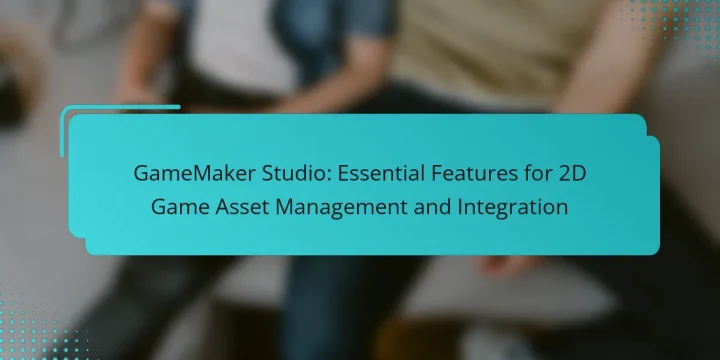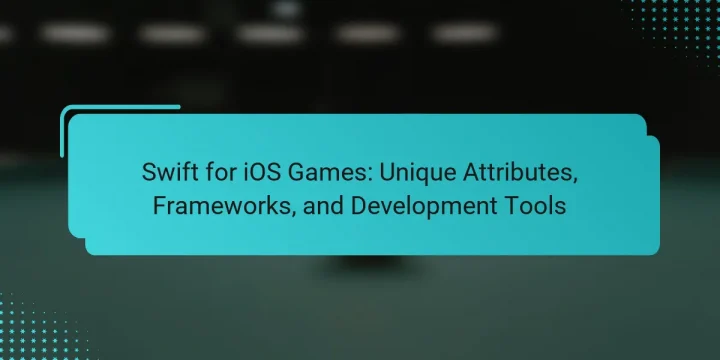
What is the Importance of Prototyping in Game Design? Prototyping is crucial in game design as it allows developers to test concepts and mechanics early in the development process. This iterative approach helps identify potential issues and refine gameplay. Prototypes can be low-fidelity, like paper sketches, or high-fidelity, resembling the final product. Testing prototypes with users provides valuable feedback, guiding design decisions. A study by the International Game Developers Association highlights that 70% of successful games utilized prototyping. This method reduces costs by preventing major changes late in development. Ultimately, prototyping enhances creativity and innovation in game design. Why is prototyping a critical phase in game design? Prototyping is a critical phase in game design because it allows developers to test concepts and mechanics early in the process. This phase…








